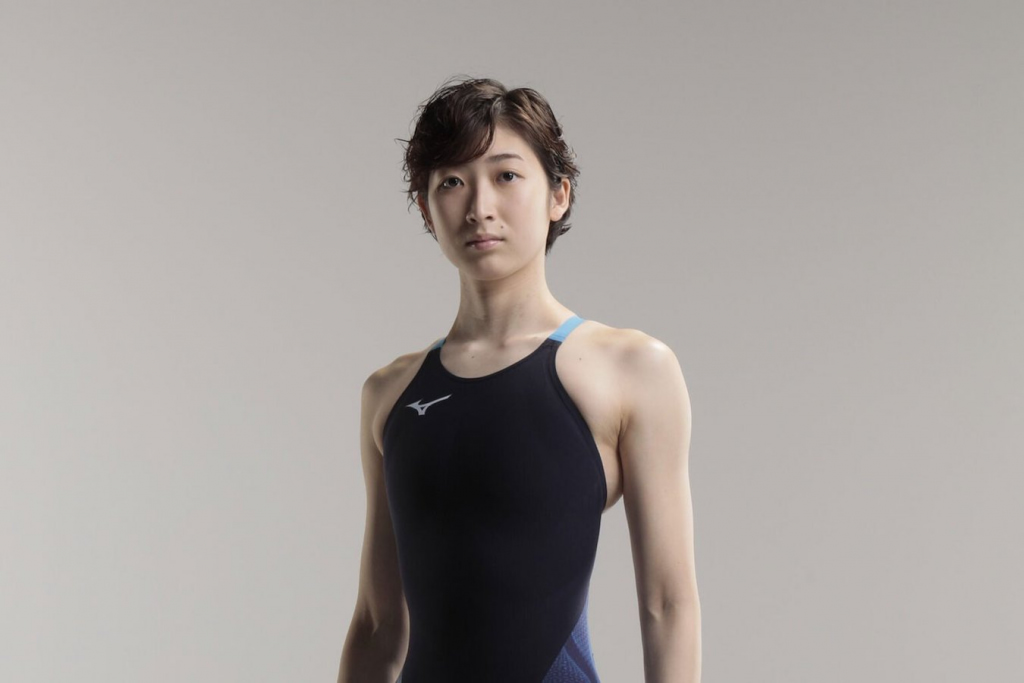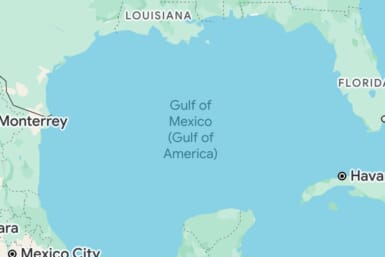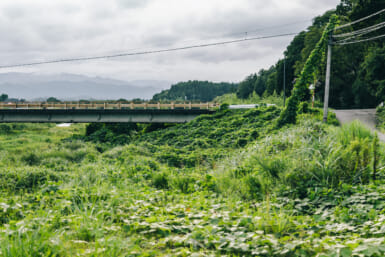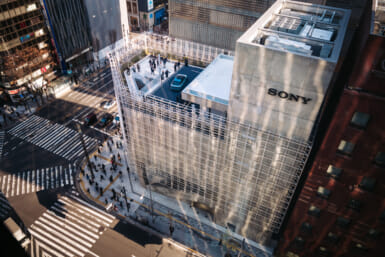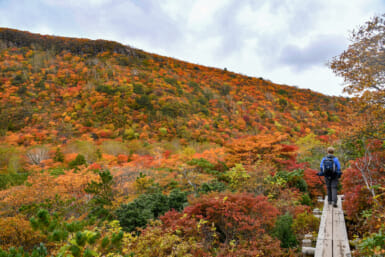There’s been lots of negativity surrounding the upcoming Olympics for obvious reasons. Yet one thing the Japanese public can all feel positive about is the appearance of Rikako Ikee at the event.
After winning a hugely impressive six gold medals at the 2018 Asian Games in Jakarta, the then 18-year-old was heralded as the country’s most exciting prospect for Tokyo 2020. However, a few months later, her dream of representing Japan at a home Olympics appeared to be over as she was diagnosed with leukemia.
Remarkably, she battled back from her illness and began training again in March 2020. Ikee then competed in her first competitive post-illness race five months later. The postponement of the Olympics meant she still had a chance of making Japan’s team, though it looked like a long shot.
Despite taking antiviral agents every day, she was determined to go for it. In April of this year, she won four races at the national swimming championships in Tokyo. Her triumphs in the 100m freestyle and the 100m butterfly meant she qualified for the 4 x 100m freestyle and medley relay races.
Record Breaker
A water birth baby, Ikee was destined for a career in the pool. Following in her older brother and sister’s footsteps, she started swimming at the age of three. By the time she had turned five, the Tokyo-native had mastered all four strokes. A prodigious talent, Ikee started to make headlines in 2015 with two gold medals at the World Junior Championships in Singapore.
The following year, the teenager qualified for the Rio Olympics in four individual events and three relays, the most ever by a Japanese swimmer. Turning 16 shortly before the Games, her best performance came in the 100m butterfly where she finished fifth in a national record time of 56.86.
The most memorable year of Ikee’s career to date came in 2018. She won four medals at the Pan Pacific Championships including a gold in the 100m butterfly where she once again broke the national record. She also set a new Asian record in the 200m freestyle.
Ikee continued to impress at the Asian Games in Indonesia a few months later. Her haul of six golds and two silvers was the second best in the event’s history behind North Korean shooter So Gin-man who won seven golds and one silver in 1982. Ikee also became the first woman to be named MVP at the Games.
Battling Illness
Ikee was already being touted as the poster girl of Tokyo 2020 when she stunned fans with news of her illness on February 12, 2019. “I have something to tell you all,” began her tweet. “I was feeling ill and had to cut short my training camp in Australia. Back home, I had some tests and the diagnosis was leukemia. I still can’t believe it and am in a state of total confusion.”
Within 24 hours, her Twitter page had received more than 20,000 messages of support. There was also a surge in the number of people calling phone lines at the Japan Marrow Donor Program (JMDP) to ask about donor registrations.
On February 13, Ikee tweeted her appreciation for all the messages she’d received. “I believe that God will not give me any trials that I’m unable to overcome. I believe there are no barriers that I cannot conquer. I’ll come back no matter what,” she wrote.
Keeping her fans informed, the swimmer tweeted about her treatment for the first time the following month. “It’s tens, hundreds, thousands of times harder than I expected,” she said. “I haven’t been able to eat for more than three days. But I don’t want to lose.”
Words of encouragement kept coming from both the public and fellow sports stars. At the 2019 World Aquatic Championships, the three medalists in the 100m butterfly, Canada’s Maggie MacNeil, Sarah Sjöström from Sweden and Australia’s Emma Mckeon held up their hands to reveal a message. It read: “Rikako Ikee, Never Give Up,” alongside some hearts.
Ikee sent the same message to Sjöström earlier this year after she broke her right elbow. A world record holder in several events, the Swede has recovered in time for Tokyo 2020.
The Comeback
Ikee was eventually discharged from hospital in December 2019. “The days have been long and hard, but I’ve had lots of encouragement and now want to get back to my life … I’ll aim for Paris 2024 and work hard to get medals there,” she wrote.
In March the following year, she posted a picture of herself with a huge smile in the pool. It was her first practice session since the diagnosis. She finished fifth in her first competitive race five months later. It came 594 days after her previous one.
“I feel like I’m starting a new chapter in my swimming career. It’s a good way to start,” she said after the race. Continuing to build her strength, Ikee made the podium for the first time since her leukemia treatment at the Japan Open in February.
She followed that up with another bronze in the 100m butterfly at the Tokyo Open and a gold in the 50m butterfly. Though the latter is not an Olympic event, her chances of making the Japan team for the Games appeared to be growing.
At the National Championships in April, all eyes were on Ikee and she didn’t disappoint. She won all four races she took part in. Victories in the 100m freestyle and 100m butterfly earned her a place on two of Japan’s relay teams. It truly was a remarkable achievement, especially when you consider she only returned to the pool 13 months earlier.
Whatever happens this summer, Ikee’s already seen as a champion in the eyes of the Japanese public having fought back from her illness so bravely. If she can help one of the relay teams win a medal, though, that really would be the icing on the cake.

